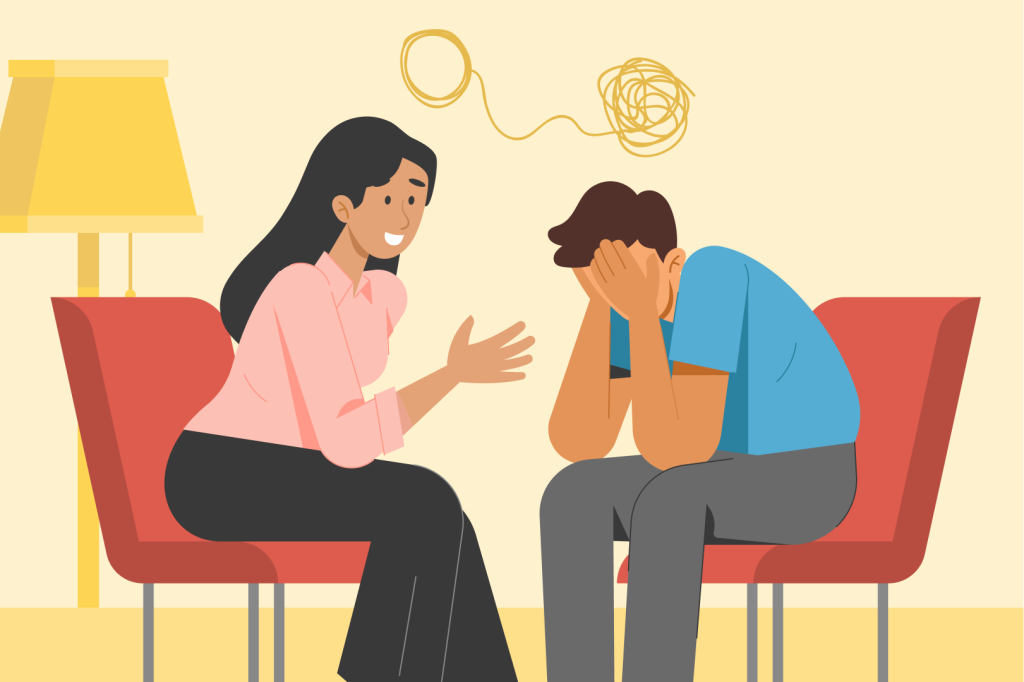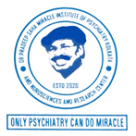
Does your child struggle to start homework? Do they promise to clean their room but never get to it? Your child with ADHD might be facing daily battles with procrastination. The constant delays can affect their grades, confidence, and your family’s peace. When tasks pile up, your child feels overwhelmed, leading to tears and frustration. ADHD and procrastination go hand-in-hand due to brain differences that affect focus and motivation. If these struggles continue, talking to the best child Psychiatrist in Kolkata might be the next step for your family.
Matters We Cover:
- What is Procrastination in Kids Suffering from ADHD?
- Top Signs Indicating Procrastination in Kids with ADHD
- Top Ways to Stop Procrastination in Your ADHD Child
- Concluding Thoughts
- FAQs
What is Procrastination in Kids Suffering from ADHD?
Procrastination isn’t just laziness. For kids with ADHD, it’s often their brains working differently. They struggle to start tasks that don’t spark joy or feel too big. The best childhood mental disorder treatment in Kolkata can help parents understand these challenges better.
- Fear of Failure
- Difficulty with Task Initiation
- Time Blindness
- Feeling Overwhelmed
- Seeking Dopamine
Top Signs Indicating Procrastination in Kids with ADHD
Spotting the signs earlier helps you step in before problems grow. Your child might not even realise they’re putting things off. Understanding these patterns can help you seek guidance from the best psychiatrist in Kolkata for counseling.
- Last-Minute Rushes
- Forgotten Chores
- Excuses and Delays
- Disorganised Space
- Stress and Anxiety
Top Ways to Stop Procrastination in Your ADHD Child:
You may help your child break the procrastination cycle. With patience and the right tools, they can learn to get started and stay on track. The best child Psychiatrist in Kolkata might recommend some of these strategies as part of treatment.
Break Tasks into Tiny Steps:
Help your child divide big jobs into small, doable chunks. Instead of “clean your room,” try “put away ten toys.” Small wins build confidence and momentum.
When tasks feel tiny, starting becomes easier. Your child can check off each mini-step, creating a sense of progress.
Use Timers Creatively:
Set short work periods that feel doable. Try five minutes of work followed by a quick break. Many kids find they can keep going once they’ve started.
The timer becomes the boss instead of you, reducing power struggles. Say, “Let’s see how much you can do in ten minutes,” then celebrate whatever gets done.
Create Visual Reminders:
Make colourful charts or lists where your child can check off completed tasks. Seeing progress helps motivate them to continue.
Pictures work better than words for many ADHD kids. Try taking photos of what “done” looks like for chores. Post schedules at eye level where your child will notice them throughout the day.
Find the Right When:
Notice when your child seems most focused—morning, afternoon, or evening. Schedule important tasks during these peak times.
Some kids do best right after physical activity. Others need quiet time first. Pay attention to when your child naturally focuses better and plan around those windows. This works with their brain instead of against it.
Limit Distractions:
Create a study space away from TVs, phones, and busy areas. Some kids focus better with noise-cancelling headphones or soft background music.
Work with your child to identify their specific distractions. Some need complete quiet, while others do better with white noise. The goal is finding what helps your unique child focus, not what works for everyone.
Praise Process, Not Just Results:
Notice when your child starts a task promptly. Celebrate small steps toward completion, not just finished products.
Instead of waiting for perfect results, say, “I noticed you started your homework right away!” This reinforces good habits. Your positive attention matters more than you might think in building lasting changes.

Establish Routines:
Create consistent daily schedules. When activities happen at the same time each day, they become habits instead of decisions.
Morning routines, homework time, and bedtime tasks can all become automatic with consistency. This reduces the mental energy your child spends deciding when to do things, making procrastination less likely.
Concluding Thoughts:
When home strategies aren’t enough, professional help can be life-changing. The best childhood mental disorder treatment in Kolkata offers specialised approaches for ADHD children. You don’t have to figure everything out alone. The bestPsychiatrist in Kolkata for counseling can provide solutions to your child’s needs.
FAQs:
Q1. Is procrastination a symptom of ADHD?
Yes, procrastination is very common in ADHD. It happens because of differences in brain functions that control getting started on tasks. It’s not laziness or defiance. Your child’s brain struggles with activation, planning, and estimating time. With support and strategies, they can improve these skills.
Q2. Should I punish my child for procrastinating?
Punishment typically makes procrastination worse by adding stress and shame. Your child already feels bad about falling behind. Instead, offer support, break tasks down, and praise small steps forward. Understanding works better than punishment for changing these behaviours over time.
Q3. Can medication help with procrastination in ADHD?
The right medication can reduce procrastination by improving focus and impulse control. It helps your child’s brain activate when needed. However, medication works best when combined with learning strategies and skills. Talk with your doctor about whether this option makes sense.
